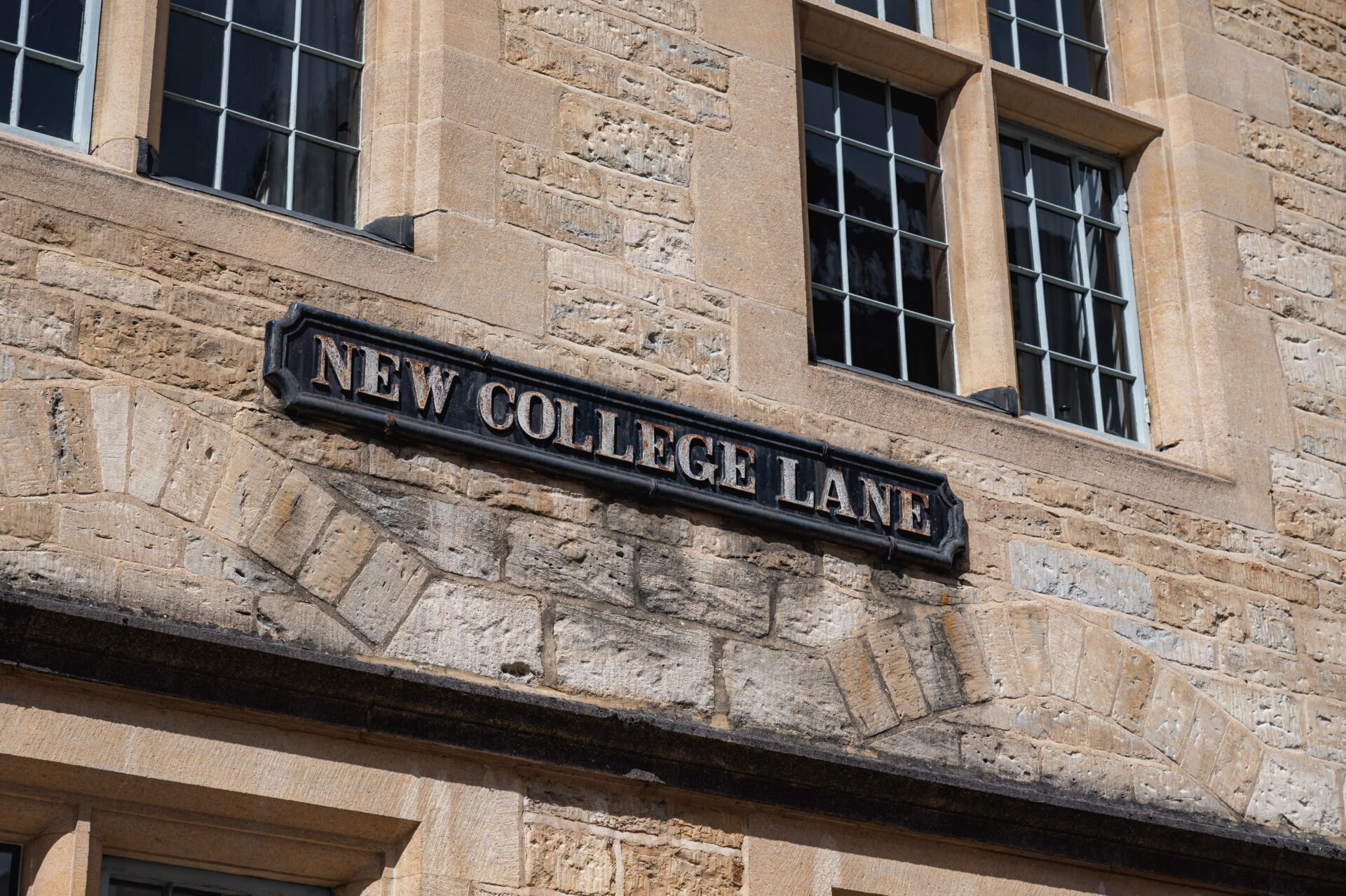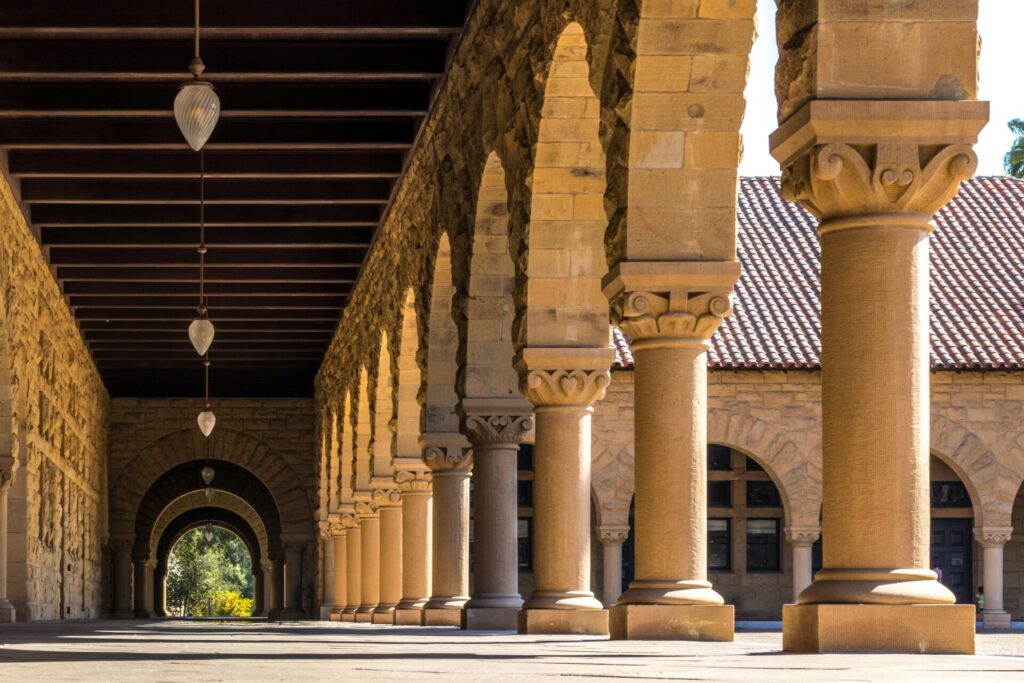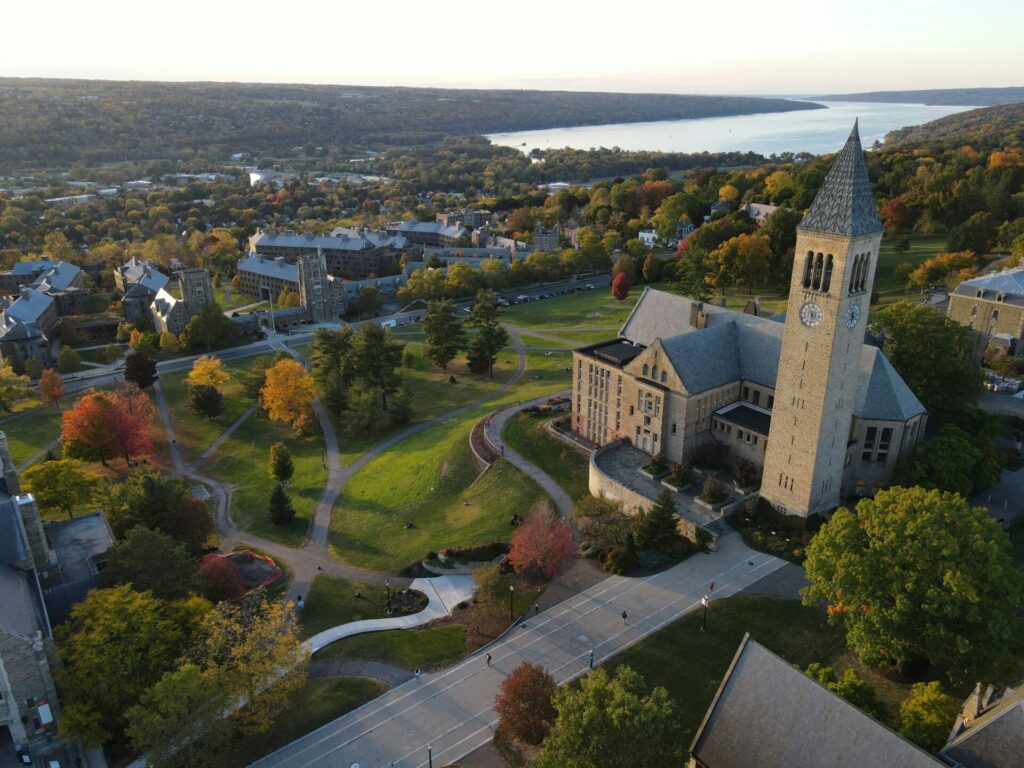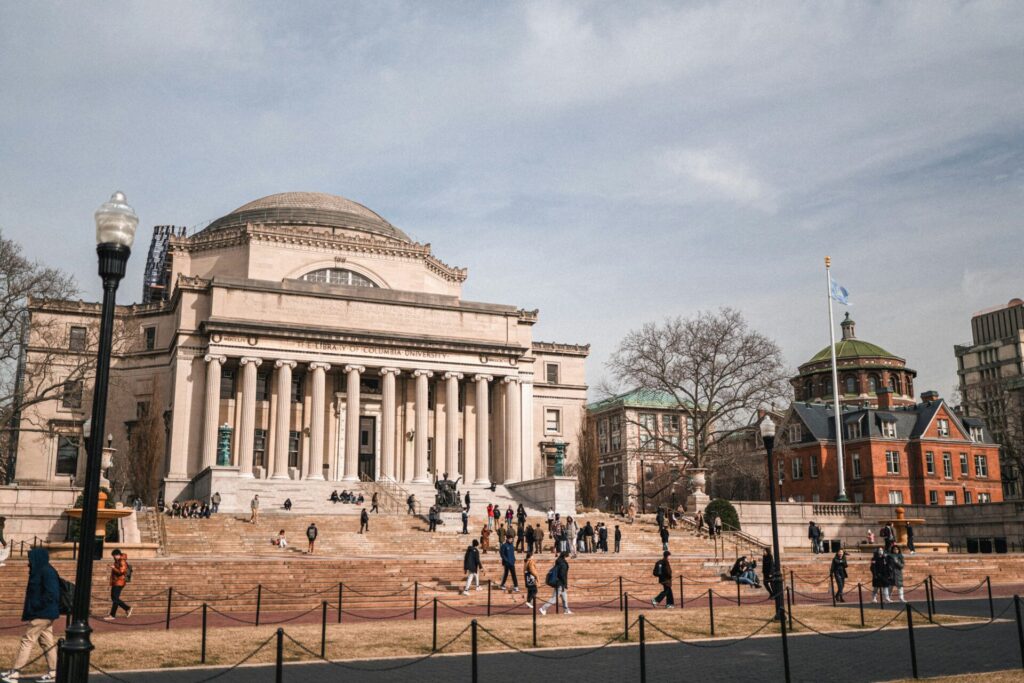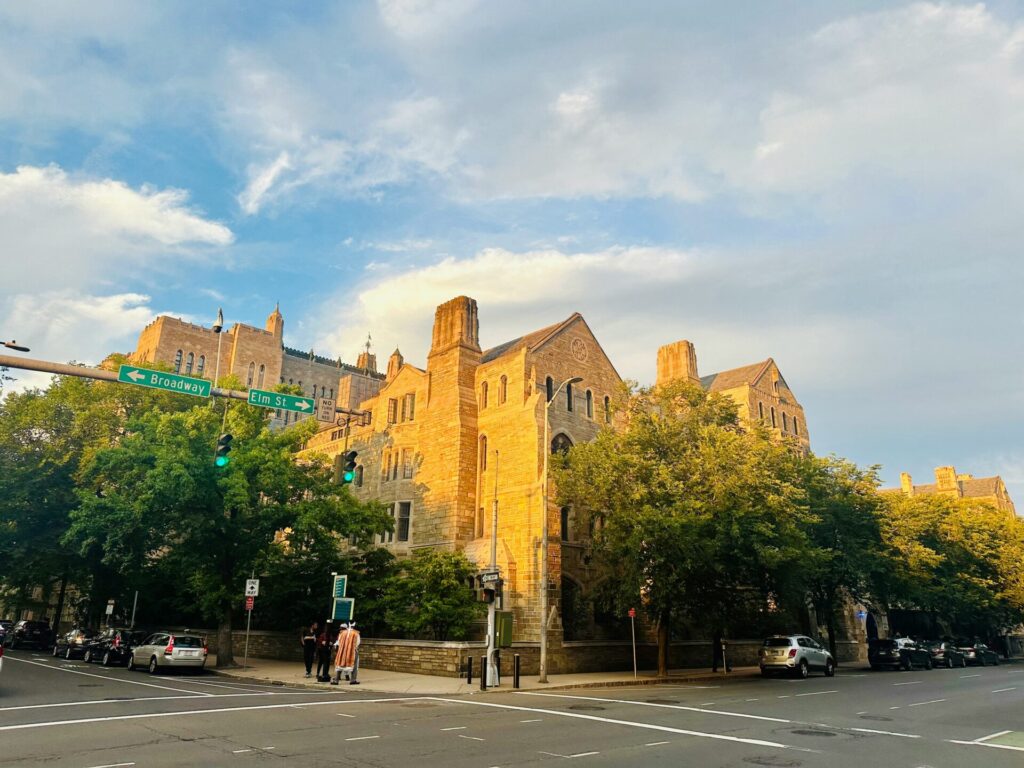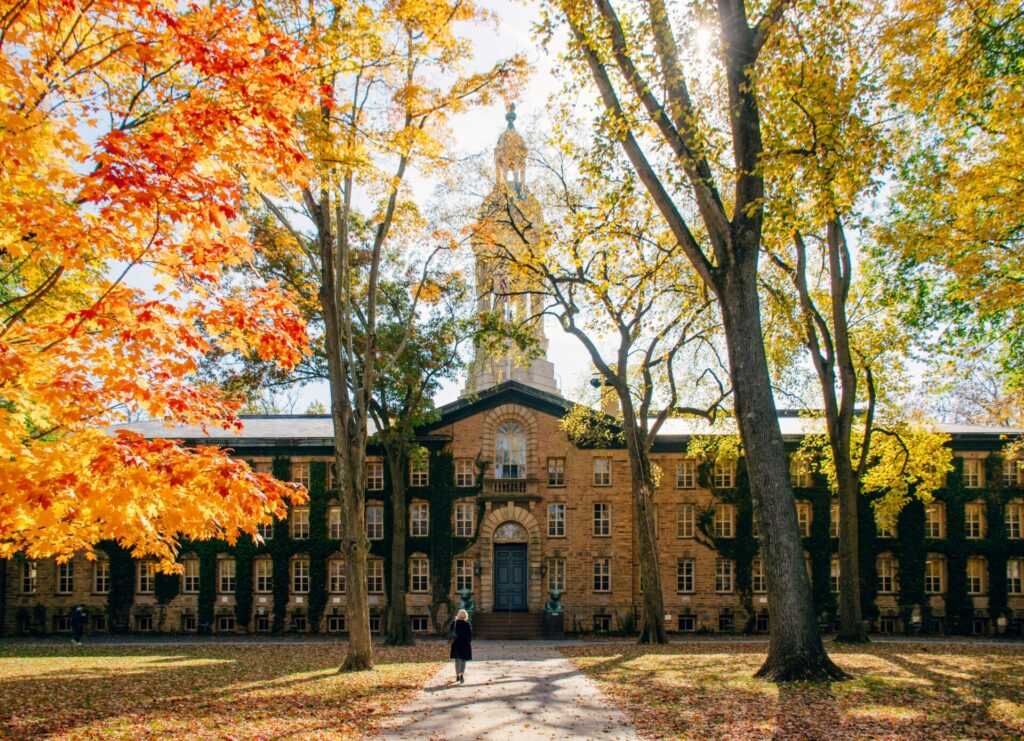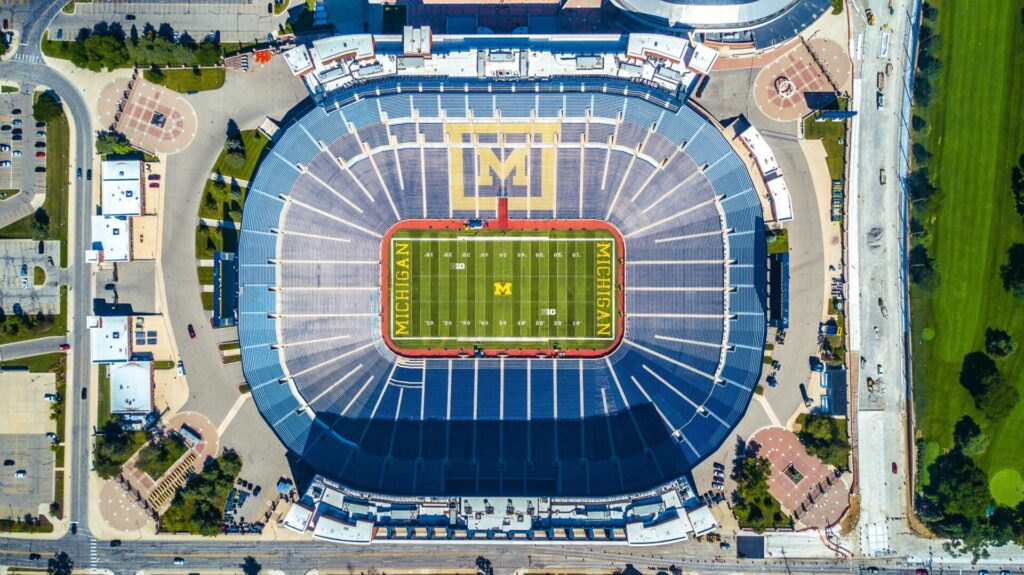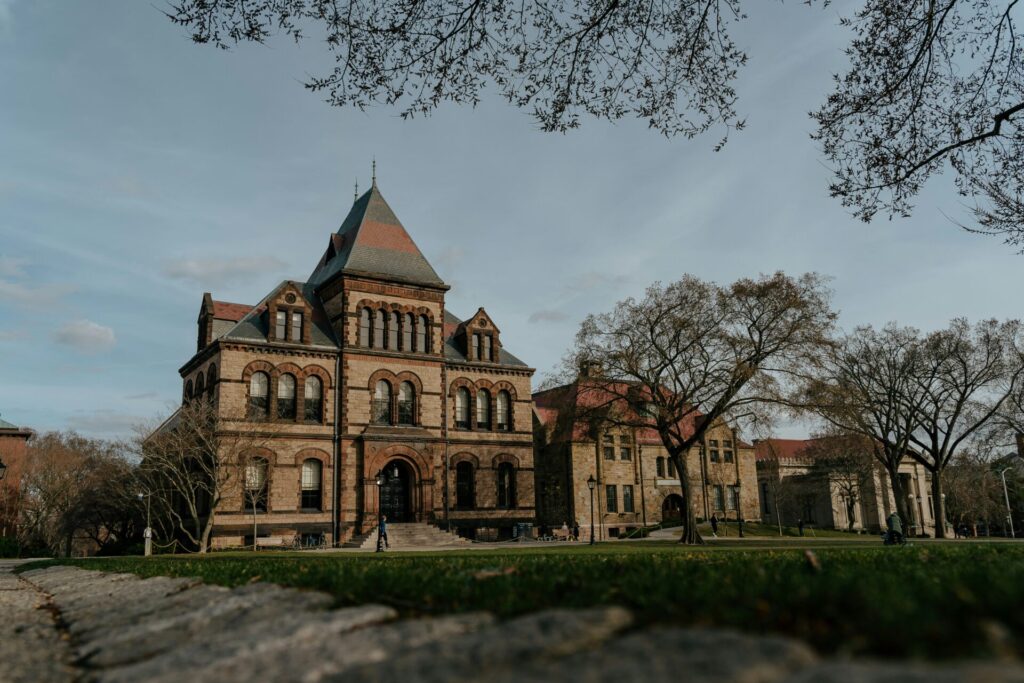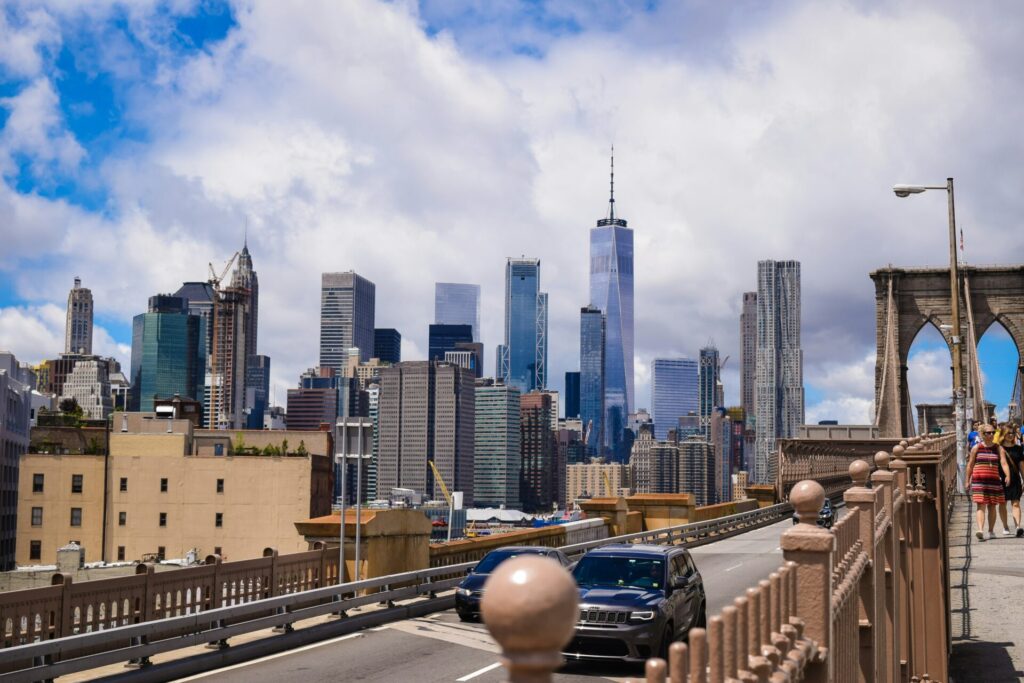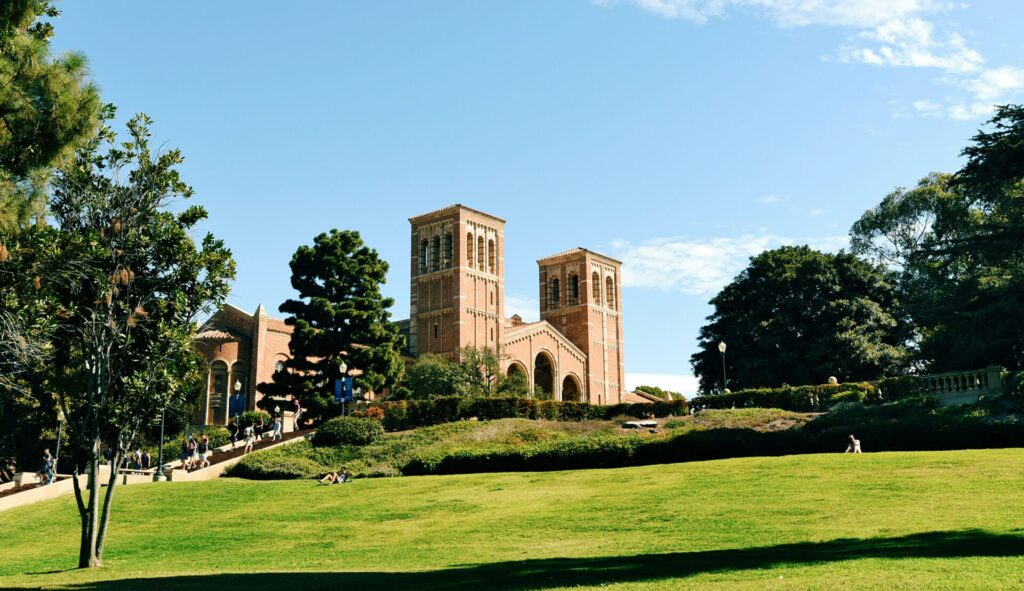How comfortable you feel in your university environment will influence how you perform in your course. Finding a campus that feels like home, that resonates, will make it easier to settle into your studies and focus on your work. When you do take a break, that time will be more relaxing and refreshing.
Research suggests that university facilities “significantly” influence “student engagement and academic performance” (Hanaysha et al (2022). Other findings show that “university facilities are crucial for nurturing academic performance” and that when “an educational institution has adequate facilities to enhance students’ learning experiences, there is typically higher clarity of focus on academics” (Lavy and Nixon (2017).
Academics aside, finding a campus that suits your personality and interests is also critical. The campus and university facilities will be a source of friends with shared values and interests, sports and hobbies, and a place to celebrate your achievements safely.
In this article, we’ll discuss the characteristics to consider when finding the ideal campus to complement your choice of course.
Types of Campus
A university campus can be in the heart of a city with easy access to the city’s culture and entertainment venues. A city campus will be bustling and diverse, likely with a smaller campus area as students take advantage of city life. Or, a campus can be in the suburbs with easy access to a town or city, offering access to green spaces or more extensive sports facilities. Some universities may be further out of town, offering more student housing and a closer-knit on-campus community.
Factors to consider are the campus size, university location, living costs, extracurricular activities, and available social opportunities. It’s also vital to consider whether you want to walk or travel between campus facilities or prefer classrooms nearby so you need to worry less about timekeeping.
Campus Design and History
The University of Oxford (1096) is the oldest in the UK. Instead of having a main campus, its departments and facilities are spread throughout the city. This university and older ones like it boast stunning architecture and libraries and can even have their own museums. In contrast, newer high-tech university campuses may have stunning modern aesthetics, giant windows, and a space-era feel.

The aesthetics of a university may be important to you, and how you feel about them could depend on your field of study. It might actually be a great contrast to learning tech in an older campus environment where leaving the classroom provides a complete change in surroundings.
Every campus is significantly different. San Francisco State University has a main campus and three satellite campus locations: one downtown in San Francisco, then its Sierra Nevada Field Campus, which is quite “off-grid,” as well as its Romberg Tiburon Campus, which is a former U.S. Navy base. The most “green” or sustainable campus in the world is Simon Fraser University, Canada having exceeded its greenhouse gas reduction targets. It even has its own biomass plant.
Campus Facilities
Facilities really will be a critical factor in your university choice. Research facilities, labs, and libraries will influence how you learn, but sports, theatres, restaurants, and communal areas will let you pursue your interests and your ideal university social life.
Common Campus Features
It’s important to consider the physical aspects and aesthetics of a campus. First, how do you feel about the architecture? Do old stone walls or chrome and glass suit you better? Then, there’s the size and spread of a campus. Would you feel happier where all the buildings and facilities are close together, or will you enjoy exploring a large, sprawling campus?
Next, think about and research more about the physical space. How many cafes, restaurants, libraries, or shops are there? But also important, how many green spaces or treed areas. Is the campus landscaped, are there wild areas with birds, or is the university in a city with few of its own green spaces but near public parks?
Sports facilities
Are there gyms, basketball courts, or even a pool? The perfect scenario is to be able to continue your favourite sports or join new teams to burn off the stress of a study day.
Extra-curricular activities
What extracurricular activities are common on campus, and are there spaces that support clubs, after-school programs, and such? If you’re studying game development, for example, are there places to game with your peers or compete in esports?

Libraries, labs, research facilities, and study centers
Do the facilities available support your course and learning experience? How new are the labs and the equipment? What technology is available? How old and comprehensive are the libraries? Your preference will depend on how you want to learn and your course, but look for spaces that complement your aspirations.
Housing, restaurants, and amenities
Now, we’re getting to the aspects that might offer the most comfort if you’re missing home or that will make a university campus feel like home. These are our creature comforts like housing, communal living areas, restaurants, and other amenities that are important to assess before choosing a university. Do you anticipate eating out or cooking in your accommodation? What restaurants, grocery stores, and markets are available or nearby? Lastly, what student union and wellness services are available?
University culture and experiences
A university and campus culture will also be crucial in how much you like being there. It’s always beneficial to gain new experiences, but finding a university atmosphere that resonates with your beliefs and ideals is also essential. Consider how diverse a university is and how popular it is with students from different backgrounds and around the world.
Join the Immerse Education 2025 Essay Competition
Follow the instructions to write and submit your best essay for a chance to be awarded a 100% scholarship.

Community and Activities
We’ve already touched on a few aspects of community and activities, such as culture and sports. Activities outside of studies will help you to form new friendships and de-stress. Hence, it’s essential to look for clubs, organisations, associations, and opportunities that are attractive and engaging for you. Most universities will have a week of events for new students, sometimes called “freshers week,” designed to introduce you to the campus and its facilities and to help you start to bond with your fellow students and have fun in your new environment.
There will also be student societies and a student body to look out for where you can get more actively involved in what happens on campus. You should also consider any leadership or experience opportunities that will help you in your career. And what about work opportunities when your schedule allows?
Investment in Infrastructure
We began this article with research that points to the importance of campus facilities to students’ academic performance. How much a university invests in cutting-edge facilities and student resources says a lot about its commitment to students. You can find out about university developments and innovations on a university website, in its prospectus, and by searching online.
Beyond Open Days: Learning More About the Campus and Facilities
An open day is a prime opportunity to explore a university campus and find out if it will feel like a home away from home. As you can see, though, there are many on-campus factors and facilities to consider, so research apart from an open day will be critical to your success.
Reading the prospectus is a good place to start when learning more about a university campus, but news articles and exploring geotags and social media will provide clearer insights into the experiences of other students and visitors.
Experience a Campus during a Summer School
A great way to experience your chosen university campus in more depth is to take an Immerse Education summer program. Programs are available at several renowned universities in the UK and abroad.
Closing Thoughts
In the digital age we live in, it’s possible to get a full picture of a university campus without visiting. Indeed, many students have ended up studying – and having the time of their lives! – at campuses they had not visited before gaining a place there.
That said, if you’re deadset on experiencing a place up close before calling it home for 3 or more years, we’d recommend doing initial online research to identify a shortlist before visiting these top choices through either open days, virtual tours or a summer programme.




